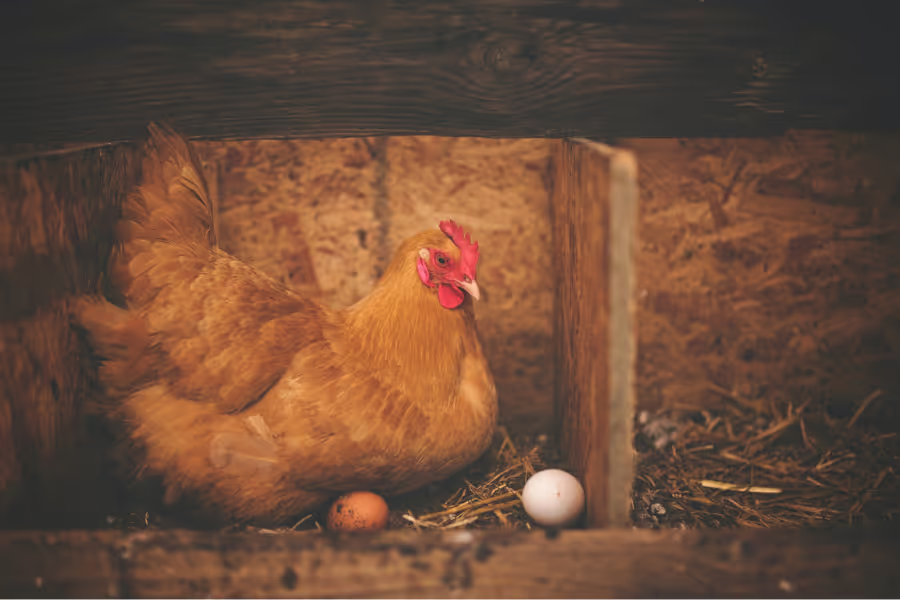Covid-19’s ageing potential
A recent study by Italian researchers published in the International Journal of Molecular Sciences suggests that Covid-19 survivors encounter significant epigenetic ageing, especially in the under-60 cohort. The study is relatively small in size, hence its significance inherently limited, since it only enrolled 117 Covid-19 survivors (so-called post-Covid-19) and 144 uninfected volunteers (so-called Covid-19-free). However, since epigenetic age acceleration correlates with other ageing characteristics such as telomere length, it nevertheless clearly indicates that Covid-19, especially in younger survivors, does leave traces. What remains unclear is whether these epigenetic changes may have preceded Covid contagion since this could then potentially explain why the age acceleration phenomenon is less noticeable in older Covid survivors.
Natural infection versus vaccination: do both accelerate ageing?
Another small study of 60 subjects, currently being conducted by TruDiagnostic in collaboration with Cornell University, is designed to compare epigenetic age acceleration and overall health in Covid survivors versus ageing after vaccination with an MRNA vaccine. Depending on the age range of the subjects investigated, this new study could shed further light on the exact course of epigenetic ageing – whether preceding the disease or because of it.
The dilemma
Indeed, therein lies the chicken-and-egg ambivalence of epigenetics. To borrow a somewhat theological metaphor: to date, advances in genetics have revealed a kind of health “predestination”: the progressive decoding of the genome has uncovered a multitude of active traits (phenotypes) as well as dormant potentials that we have inherited from our ancestors and that are relatively rigid – having evolved very slowly and according to fairly stringent laws. We are literally born with a particular eye colour, certain facial features or diseases. In contrast, to pursue the religious metaphor, epigenetics appears more akin to an animistic form of religion: here, instead of a purely remote form of "divine" control, there appears to be permanent and practical interaction between the spirit world and the outside world. From this perspective, health and disease are more the result of a constant dialogue between individuals and their environment. In fact, environmental factors, socio-economic circumstances, existential experiences, exercise or nutrition influence health and thus physiological ageing considerably but not necessarily sustainably i.e., many developments at this level are not only controllable but possibly also reversible. A healthier diet, more income and/or leisure time, fewer pollutants as well as active social participation can work wonders for health and biological ageing. However, due to the dense interconnectedness of these influences, it remains relatively challenging to precisely single out causal factors or to determine how much influence they actually hold.
Ageing through or before infection?
But what about infectious diseases that you just “catch” – be they viral or bacterial? Do we catch them because we are epi/genetically worse off compared to other individuals or is it the diseases that wear us out and make us age? So far, there is no clear answer because research in this area is still rare and somewhat patchy. Indeed, a few studies have already shown that certain infectious diseases, such as AIDS or gastric disorders caused by Helicobacter pylori, accelerate epigenetic ageing. However, in these cases, no one seems to have investigated whether the subjects had experienced epigenetic age acceleration for other reasons prior to the onset of the disease. In this context then, the case of Covid-19 is particularly interesting as, since the beginning of the pandemic, it has been emphasised that elderly people or individuals with serious comorbidities such as type 1 diabetes, cardiovascular disease or obesity –which also correlate with accelerated epigenetic ageing – are much more susceptible to the disease in general or to a severe course including PPCS (persistent post-COVID-19 syndrome colloquially referred to as "Long Covid"). Thus, the chicken-and-egg problem of epigenetics in infectious diseases has yet to be solved. So, stay tuned!
References
Mongelli A, Barbi V, Gottardi Zamperla M, et al. Evidence for Biological Age Acceleration and Telomere Shortening in COVID-19 Survivors. International Journal of Molecular Sciences. 2021; 22(11):6151. Published 2021 Jun 7. https://www.ncbi.nlm.nih.gov/pmc/articles/PMC8201243/ (last accessed: 03.12.2021)
Methylation Effects of COV-19 Infection and Vaccinations, https://clinicaltrials.gov/ct2/show/NCT04939155?term=Methylation+Effects+of+COV-19+Infection+and+Vaccinations&draw=2&rank=1 (last accessed: 03.12.2021)
„The epigenetics of aging: What the body’s hands of time tell us“. March 26, 2021. https://www.nia.nih.gov/news/epigenetics-aging-what-bodys-hands-time-tell-us (last accessed: 03.12.2021)
Lara Oblak, Jeroen van der Zaag, Albert T. Higgins-Chen, Morgan E. Levine, Marco P. Boks, A systematic review of biological, social and environmental factors associated with epigenetic clock acceleration. Ageing Research Reviews, Volume 69, 2021, 101348, ISSN 1568-1637. https://www.sciencedirect.com/science/article/pii/S1568163721000957 (last accessed: 03.12.2021)
Horvath S, Levine AJ. HIV-1 Infection Accelerates Age According to the Epigenetic Clock. The Journal of Infectious Diseases. 2015 Nov15;212(10):1563-73. Epub 2015 May 12. https://pubmed.ncbi.nlm.nih.gov/25969563/ (last accessed: 03.12.2021)
Gao, X., Zhang, Y. & Brenner, H. Associations of Helicobacterpylori infection and chronic atrophic gastritis with accelerated epigenetic ageing in older adults. British Journal of Cancer. 117, 1211–1214(2017). https://www.nature.com/articles/bjc2017314#citeas (last accessed: 03.12.2021)
Bajaj V, Gadi N, Spihlman AP, Wu SC, Choi CH, Moulton VR. Aging, Immunity, and COVID-19: How Age Influences the Host Immune Response to Coronavirus Infections? Frontiers in Physiology. 2021 Jan 12; 11: 571416. https://www.ncbi.nlm.nih.gov/pmc/articles/PMC7835928/ (last accessed: 03.12.2021)
Ying, K., Zhai, R., Pyrkov, T.V. et al. Genetic and phenotypic analysis of the causal relationship between aging and COVID-19. Communications Medicine. 1, 35 (2021). https://www.nature.com/articles/s43856-021-00033-z#citeas (last accessed: 03.12.2021)
Picture: © Alison Burrel https://www.pexels.com/photo/brown-hen-near-white-egg-on-nest-195226/ (last accessed: 03.12.2021)
 Back to all posts
Back to all posts